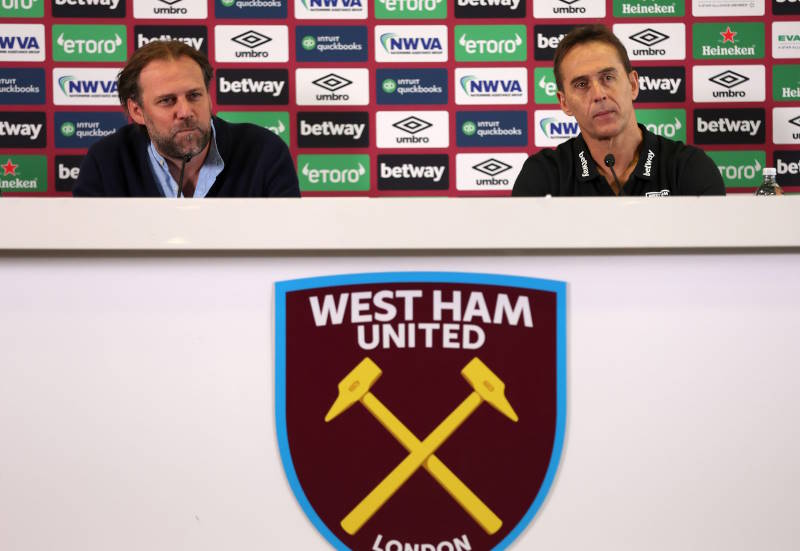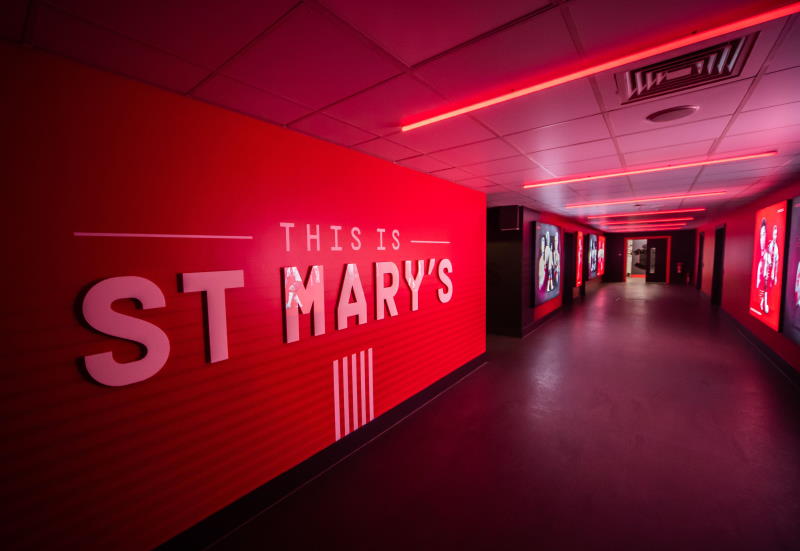
A common complaint among football fans is that high wages and transfer fees are ruining the game, driving the big names towards the elite clubs and rendering the minnows helpless. Barcelona paid Valencia £34M for David Villa this summer, while Manchester City spent £24M on Yaya Toure and threw in wages of more than £200,000 a week.
But money is not the only factor that decides which teams secure the most prized talents. A club’s location can be just as critical in a bid to lure the stars to town. It is easy enough for Real Madrid and Barcelona to sell Spain’s biggest, liveliest cities while Chelsea and Arsenal can draw on the sights and sounds of London. AC Milan and Inter Milan have the same luxury in Italy. Often presenting the city’s upside can be just as important as the numbers in the contract when it comes to clinching the deal.
In England, it is not only Chelsea and Arsenal who benefit from the London bug. Tottenham Hotspur, West Ham United and Fulham have all clinched deals that have swung in their favour in part due to the player’s preference for living in the capital; the recent signing of Rafael van der Vaart may be testament enough to that.
Location has proved to be especially significant when trying to sign players from other countries. From a player’s perspective, moving to a different league – often away from friends and families – is a big step, but it can be eased by arriving in a city where there is plenty to do and see during time off, not to mention for some a large amount of fellow countrymen. Hot summer temperatures sweeten the pot too.
Some clubs are able to counter this with a rich history and recent success, which can be enough to trump more attractive destinations. Manchester United and Liverpool are two examples, tempting the likes of Ruud van Nistelrooy, Cristiano Ronaldo, Pepe Reina and Fernando Torres over the past decade. But it is still a struggle to compete with the glamour of London now that both Chelsea and Arsenal are perennial title challengers, and both United and Liverpool have lost out more than once to London clubs primarily on location.
The case of French defender Marcel Desailly is an interesting example. The Frenchman was ready, in the mid-1990s, to leave AC Milan for pastures new, with Liverpool especially interested in securing the man-mountain. However, as Desailly explained, Chelsea’s arrival on the scene made the choice easy, simply because the defender needed a French school for his children; Liverpool couldn’t offer this, but London could, and the deal at Stamford Bridge was sealed.
Among English clubs who have trumped location, Newcastle United is an intriguing example. The team boasts a passionate fan base and an impressive stadium, which in the past have outweighed players’ reluctance to move to the North East. Again, it was never an issue for English players like Alan Shearer and Kieron Dyer, but the signings of French winger David Ginola and Colombian striker Faustino Asprilla were major coups, signing from Paris Saint-Germain and Parma respectively. The electric feeling in the city is driven by the football club.
But when players and locations do not click, it does not take long for things to unravel. There are a plethora of stories of unhappy players who are unable to settle in new countries – and often they are playing outside the biggest cities, dealing with cold weather and fewer hotspots. Brazilian forward Robinho never settled in Manchester at Manchester City upon moving from Real Madrid and was not shy in saying so when he left for Santos on loan. He claimed: "Manchester is a sensational venue for football but an awful place to live … the winter, the cold and the dark nights. It is very hard for a young Brazilian." Also at Eastlands, Carlos Tevez has also expressed unhappiness with life in Manchester and living in the North of England has proved too much for countless imports.
With one game a week – often two – and sometimes as little as one training session each day, there is still a lot of spare time for players. And that makes it all the more important that the local surroundings meet footballers’ needs.
In fact, there are plenty of transfers that simply go through based on location alone. Would Thierry Henry have joined any club in North America’s Major League Soccer other than New York Red Bulls? It is hard to think that Real Salt Lake, though the defending MLS champions, could have lured the Frenchman to Utah. New York City was the key factor in that deal – not the money, not the club’s history. The same could be said for David Beckham’s move to Los Angeles Galaxy; even Cristiano Ronaldo’s switch to Real Madrid last year was in part motivated by a desire to live in sunny Spain.
So, though the sums of money being thrown away by the elite look set to rise further in the months ahead, the financial element is not the “be all and end all”. Location has always been a deal maker and breaker and it will continue to influence the decision-making process of some of the game’s best players, giving the more desirable cities an edge over their rivals.













